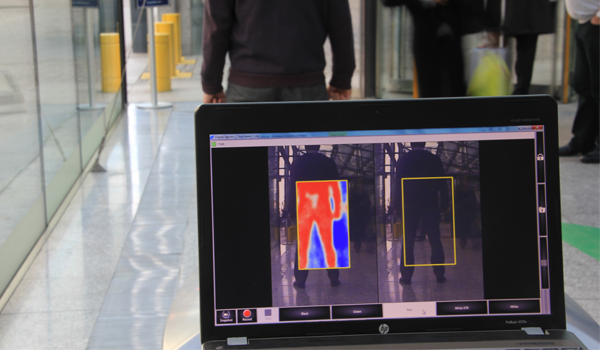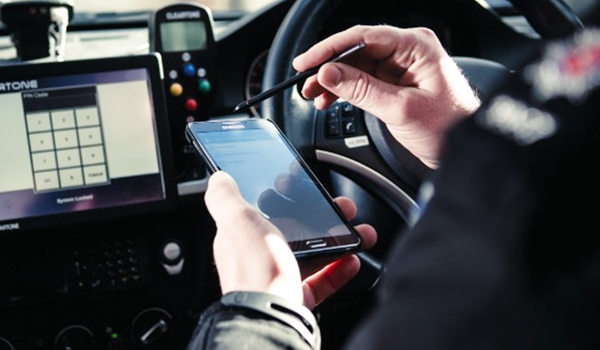Intelligent policing needs intelligent CCTV
There are believed to be around 4.2 million CCTV cameras scattered around the UK, but at least half of them are next to useless when it comes to safeguarding the public against crime and assisting the police to secure convictions. But the situation is far from lost. New intelligent surveillance technology has the potential to transform many of these cameras, putting them in the frontline of policing, as Mike Wilks explains to Police Professional.

There are believed to be around 4.2 million CCTV cameras scattered around the UK, but at least half of them are next to useless when it comes to safeguarding the public against crime and assisting the police to secure convictions. But the situation is far from lost. New intelligent surveillance technology has the potential to transform many of these cameras, putting them in the frontline of policing, as Mike Wilks explains to Police Professional.
As fear of crime grows, many authorities are responding by putting up even more cameras. Sadly, this is a form of false assurance. Why? Because very few qualified people are watching. To put it bluntly, a small army of eagle-eyed operatives is required to get the return on investment that tax payers demand. From a manpower and cost perspective, this is unfeasible.
If one examines this huge estate of CCTV cameras, it becomes apparent that some three million use old analogue technology with some more worthy of being in a museum than on the front line of crime fighting. Furthermore, the results of their tireless vigil are questionable. How many times have we heard that the quality of the CCTV footage was so poor that it could not be used to identify an assailant or used as evidence in court?
It is therefore no wonder that New Scotland Yard announced recently that only three per cent of street robberies in London were solved using CCTV images. This is a scant return for the hundreds of millions of pounds invested on installing and managing the systems in the capital.
Should we then confine CCTV to the technology hall of shame, to claim a space between the Sinclair C5 electric car and the eight-track audio cartridge? Absolutely not.
Reducing crime
Studies into CCTV have shown a direct correlation with a reduction in crime. After using CCTV for 12 years, Dover Council found that burglaries in the areas covered by cameras halved and car crime dropped a staggering 87 per cent. Yet confusingly, the council reported a three-fold increase in crimes of violence and public disorder.
So how do we crack down on the latter? Can CCTV help us reclaim the streets and put offenders behind bars? The answer is yes, but we have to change our strategy.
Currently, cameras are watching everybody. Aside from questions about infringing civil liberties, this near blanket surveillance makes looking for acts of criminality a largely retrospective activity. This is because there is simply too much footage much of it of dubious quality to search proactively to prevent crimes before theyre likely to happen, not to mention searching crimes that have already occurred.
The key is doing more with less and being intelligent about it. For example, hot-spots for crimes are well known. Ask any police officer and they will tell you the location of flash-points for public disorder on a Saturday night or sites where drugs are being dealt. As a first step, these locations should be well covered with good quality cameras.
Next, take a portion of the CCTV estate and build intelligence into it. There is today software available that can identify specific events or incidents. This will allow intelligent cameras to keep a vigil and only alert an officer when an incident is taking place. For example people loitering suspiciously at a known drug haunt or violent behaviour occurring outside a city centre pub. An added benefit is that CCTV operatives do not have to waste time watching people go about their normal daily business.
Now some people will be aghast at the thought of trusting a CCTV system to a computer. It conjures up images of a scary Minority Report-like future. But I would not for a second suggest removing human decision-making from the loop. The best computational device known to man is the human brain. What I suggest is to use the technology as a decision support tool. For example, CCTV showing two youths pushing and shoving each other in a city centre. No computer has the cognitive abi



